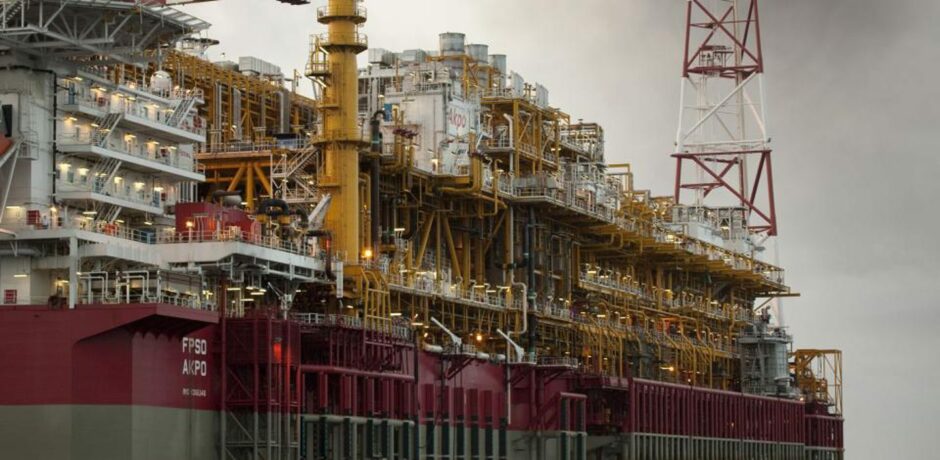
Africa Oil (TSX:AOI) expects a number of developments in the next month or so, including the spud of the Gazania well, an extension to its licence in Nigeria and the signing of a Kenya deal.
The company’s famously bullish CEO and president Keith Hill said the Island Innovator rig was 10 days out from arriving on location in South Africa.
Block 2B, the site of the Gazania well, is in a rift basin where a previous well has found oil. “It’s only in 150 metres of water and the contract terms are very good, so if we do find something we can bring it on quickly, it really has a lot of value,” Hill said.
“The value per barrel is probably double or triple that of deeper water barrels,” he continued, speaking at an investor meeting on September 13.
Eco Atlantic Oil & Gas and Africa Energy are both working on the block, with Africa Oil invested in each of those companies.
Hill discussed some of the challenges of the company’s portfolio approach. Africa Oil has a 16.7% stake in Eco Atlantic and 19.9% in Africa Energy. It is also has a 30.9% stake in the private Impact Oil and Gas.
While the move provides Africa Oil with exposure to a range of opportunities, the exit route is not settled. “How do we realise that value? We sell the interest, absorb the company or sell the whole company. We can’t keep doing what we’re doing, we need to divest them or give shares to our shareholders.”
Gazania could be a catalyst for a potential sale in Eco Atlantic and Africa Energy, Hill said.
Nigeria
In Nigeria, Africa Oil has a stake in OML 127 and 130. The company loaded up with debt in order to be able to make this acquisition but the cash flow from the assets has more than affirmed its theory.
It has paid off $405mn of debt linked to the Nigeria move, with $170mn outstanding. The company has $191mn of cash.
“We’ve grown reserves [in Nigeria] – we essentially got this for free,” Hill said. Production has declined slightly but the executive said there were plans to carry out infill drilling.
“We will begin drilling on Egina by the end of the year. We will spend capex on that but we get costs back very quickly,” he said. A recent 4D seismic analysis will drive development plans on Egina.
The plan involves up to nine development wells on Egina and Akpo in the next 12 months, with up to two exploration wells.
The partners in the licences are also planning to develop the Preowei field, tying that back to an FPSO.
While Nigeria has generated substantial returns for Africa Oil, Hill was eager for more. He described hedging as an “emotional” topic. “Every cargo sold under $40 was a knife in my heart.”
Money moves
As a result, Africa Oil is taking steps to reduce its hedging. “We’re even looking at splitting the cargoes so we can have our cargoes unhedged. We weren’t rewarded for the oil price in 2021 and first half of 2022.”
Another way to extract more value from its Nigerian assets involves an extension to the licences. The Africa Oil CEO said converting the agreement to new terms under the Petroleum Industry Act (PIA) cuts taxes. As such, it would increase the NPV of the assets by around 15%.
Hill said that the “big terms” had been settled and that he hoped the extension would be secured this month.
“As soon as we get the licence extension we will refinance,” Hill said, with a two-year payment holiday. Refinancing the reserve-based loan (RBL) would provide scope for higher dividends.
This would also allow Africa Oil to increase its corporate facility, from $100mn to $200mn.
He noted that Africa Oil had made an offer to buy out its partner BTG Pactual, a bank, in the Nigerian unit, Prime.
Kenya
Africa Oil seems ready for more buybacks and possibly acquisitions. The company does not, though, plan to spend much more money in Kenya.
“The scheme makes sense and makes money,” Hill said. “At today’s price, the economics are phenomenal. At $50, it’s a bit tough.”
Africa Oil and Tullow Oil have been working on a deal to sell down in South Lokichar for some considerable time.
“I think it’s going to be done by the end of this month. If you had asked me in June, I would say by the end of this month. If you asked me in 2019, I would say I think it would be done by the end of the month,” Hill said.
“This thing has dragged on longer than any of us thought it could. But I think we’re pretty close.”
The executive did not name the companies said to be involved. However, Upstream has reported ONGC Videsh and IOC as in talks.
Once the deal has been completed, the companies could drill more exploration wells. Hill predicted this would double the size of the asset from around 500 million barrels to 1 billion.
South Africa and Namibia
Africa Oil has access to some of the biggest discoveries in Africa in recent times, in Namibia’s Venus and South Africa’s Brulpadda and Luiperd.
An appraisal well on Venus should come in “late November or early December”, Hill said. The rig has been delayed, as a result of Eni exercising another well option.
Appraisal is essential, Hill said, to determine how large it may be. “Somewhere between zero and 15 billion barrels. We also need to flow these wells – we need reasonable flow rates at these water depths to make it economic.”
The company will wait to see the appraisal before consider its options for its stake in Impact. Hill also noted the next appraisal plans for the area, with a proposed test for Venus West.
Meanwhile, in South Africa, TotalEnergies has recently applied for a production right on the offshore gas finds. Once the partners reach a final investment decision (FID) on Luiperd, first production should come within 24-36 months, he said.
Furthermore, the Block 11B/12B licence also covers prospects in the Kloofpadda fairway, with Hill suggesting these could be in the oil window – and of a similar size to Venus.

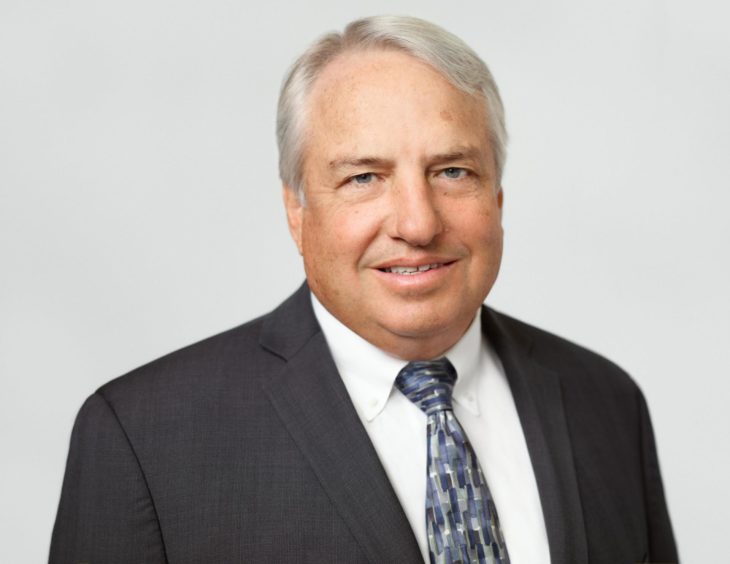 © Courtesy Africa Oil
© Courtesy Africa Oil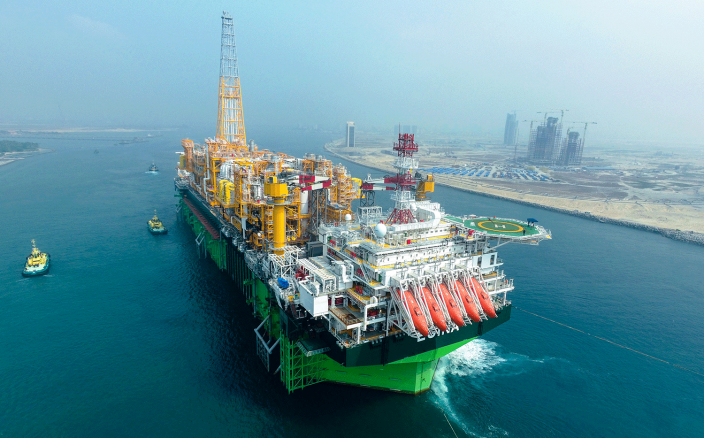
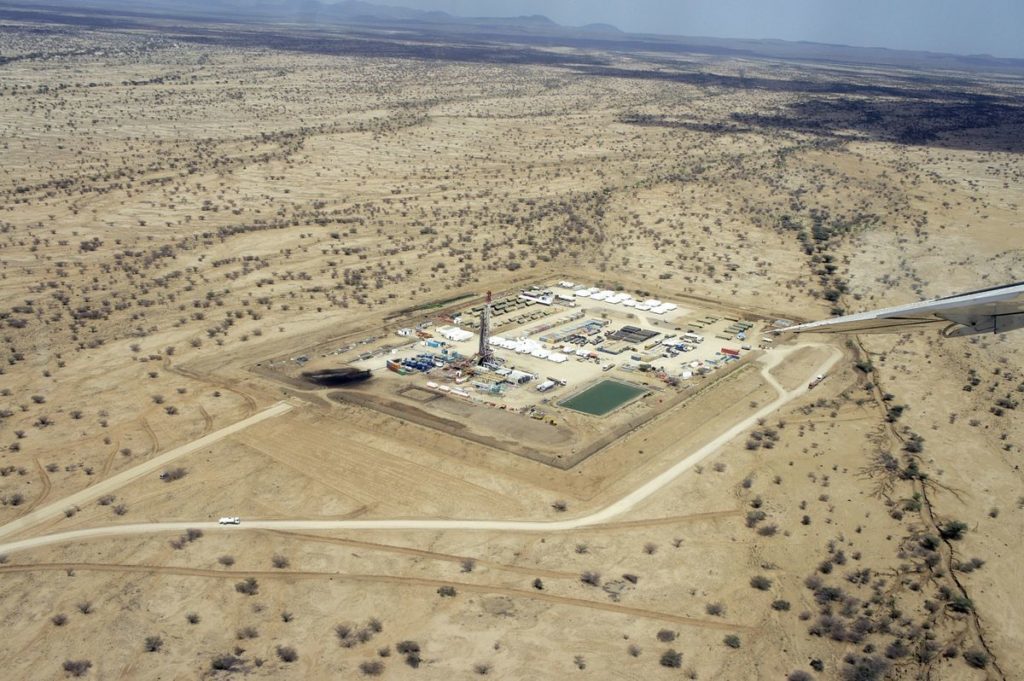
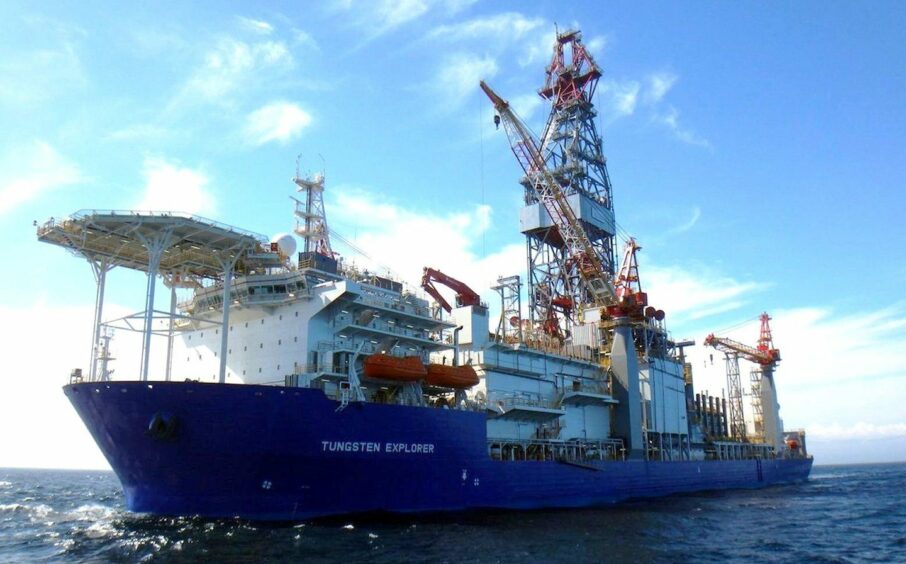 © Supplied by Vantage Drilling
© Supplied by Vantage Drilling